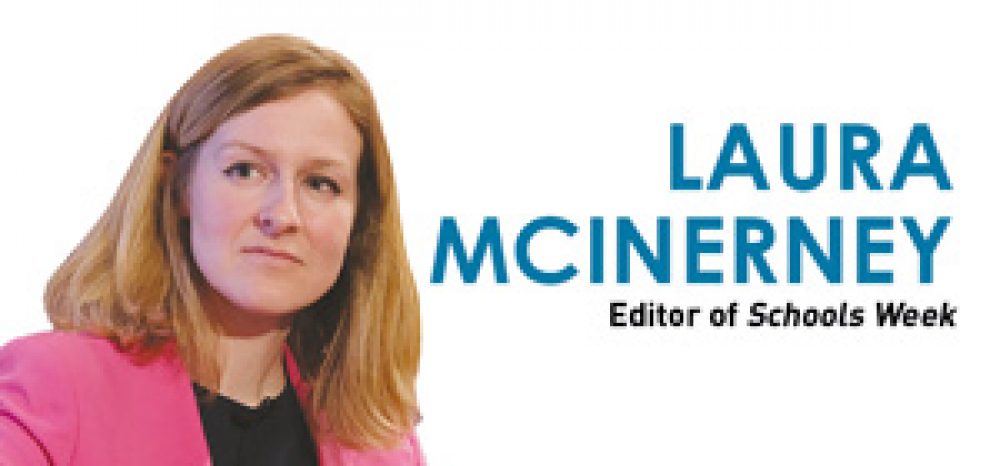“The Conservative Party has got a major problem when its own secretary of state for education is on the stage announcing a ‘skills revolution’, but the schools minister won’t let civil servants write the word ‘skills’ in any of his correspondence.”
Making this point while sat alongside a former Tory minister and in front of 150 party members was not exactly comfortable, but it felt important at a fringe event I attended at conference on Sunday. It was important because it’s true.
For three days the same questions were on party member’s lips: Why aren’t we giving children opportunities to do vocational subjects? Why are we killing off the arts, and music, and design & technology? How come the message about apprenticeships is always so negative?
Unfortunately, the most obvious answer is “Nick Gibb”. The schools minister has perpetually made “no apology” for his focus on “rigorous” academic subjects, including during a Schools Week profile in which he described his best day at school: he recalled making maple syrup as a pupil in Canada, but winced when I suggested this might be a skills-based activity.
As part of his passionate, and not unreasonable, belief that children should all have the right to access his favoured academic subjects, Gibb has become blind to the benefits of learning anything else. Hence, English and maths are now all that matters in primary schools. In secondary schools, the handful of favoured EBacc subjects are king, while subjects such as music whither on the vine.
If Justine Greening is setting out on a skills revolution, I suspect she’s going to be manning the barricades alone.
And then there are apprenticeships.
The word was huge at conference. “Apprenticeships are the future,” people said. “Apprenticeships will save us from any terrible outcomes of Brexit,” people hoped.
But even that policy is divisive in education. Nick Gibb has long banged on about his desire for teachers to have elite degrees, going so far as to say he’d rather have a teacher with an Oxbridge certificate and no teaching qualification, than one from a “rubbish” university with a PGCE.
Now, however, Justine Greening wants apprentices working in classrooms four days a week for four years so they “build up” to a degree which also counts as their teaching qualification.
Regardless of how you feel about the worth of apprenticeships against degrees, it’s straightforwardly the fact that the left hand and the right hand are no longer talking in the education department. The inevitable outcome of this will be schools getting smacked in the face by both.
A perfect example from conference came when I heard a Conservative MP having a dig at schools for not promoting apprenticeships for about the fourth time.
When my turn came to speak, the MP got it full barrels: “You can’t now moan about lack of parity of esteem for vocational routes when schools, since 2010, were told academic subjects were all that mattered. What did you expect?
“Performance measures all focus now on academic subjects or university entrance. Vocational qualifications are gone from the league tables – destroyed, disappeared.
“So is it any wonder schools aren’t promoting apprenticeships when the message is that such routes are worthless and preparing kids for them is the pinnacle of low expectations?”
He looked duly admonished.
I did, however, see a glimmer of a redemptive narrative during a canny speech given by Dame Rachel De Souza, the chief executive of Inspiration Trust.
In a smart move, De Souza said that reducing vocational qualifications in 2010 was important because the courses were often of low quality, and there were too many children tracked into them so league tables could be gamed.
Now, she said, in the brave new world of Brexit, such courses could perhaps return as long as they are more rigorous and tightly controlled. Not so much a skills revolution, but a revival.
This narrative is clever. It does that thing brilliant teachers do when they need to get two fighting kids refocused on their work: it recognises the difficult truths of the past but moves on positively.
And, if the sway of sentiment at the Conservative conference this week is anything to go by, Gibb needs to find a way to join this rising tide.
As the character Omni, says in the brilliant book Cloud Atlas: “All revolutions are fantasy, until they happen, then they are historical inevitabilities.”
The apprentices are coming. Those who don’t get on board with the new skills land, will be left all at sea.







Your thoughts